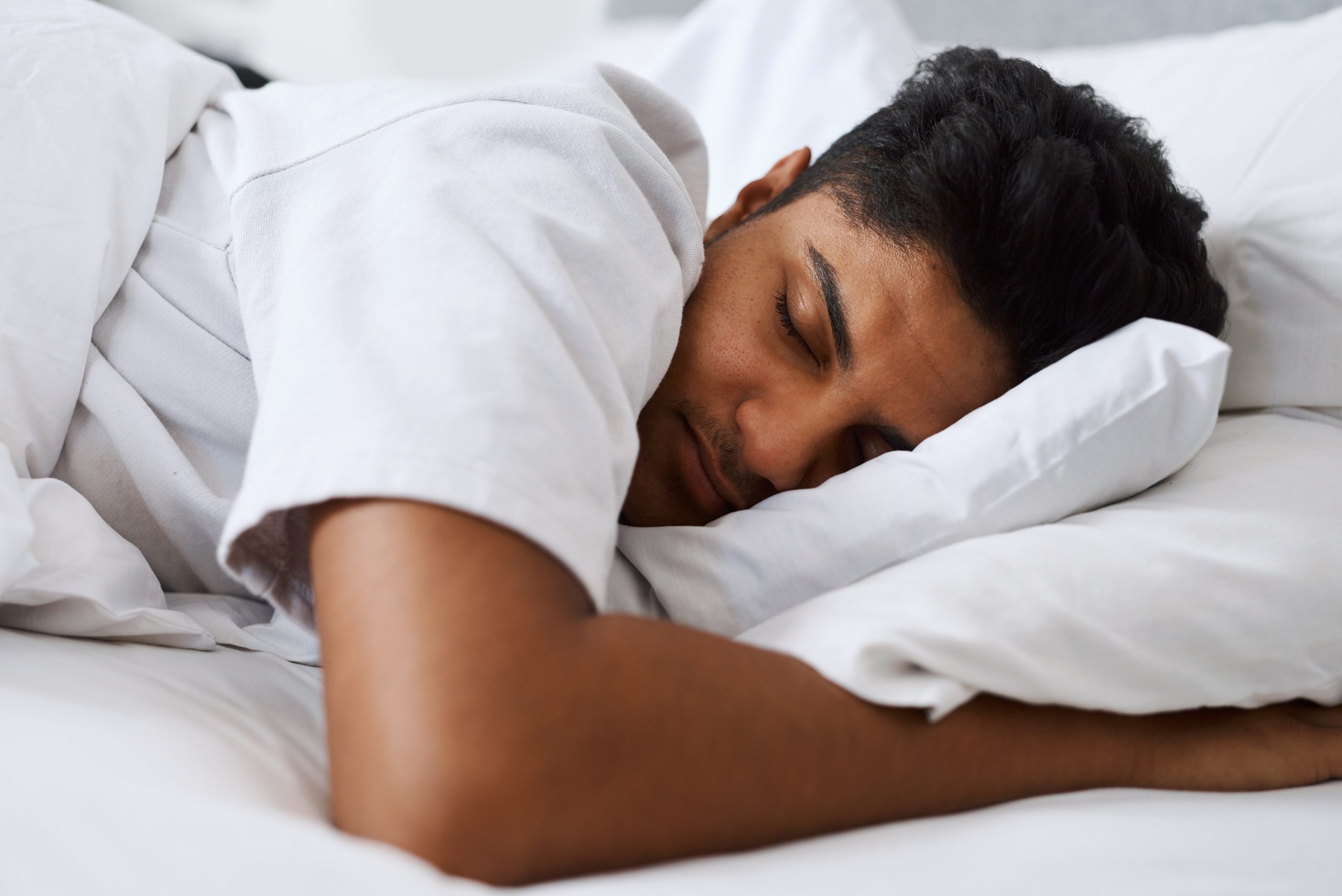Memory Processes Are Affected by Quality of Breathing During Sleep
There are a lot of factors that go into how good our memory is, and breathing during sleep is one of them.
Processes that happen during sleep have been investigated for a very long time now, however one of the most important is consolidation of memories. To understand how it works we first need to know what affects it.
A recent study led by Thomas Schreiner found that quality of breathing during sleep has a significant effect on consolidation on memories, more specifically, they found that younger people who have better quality breathing during sleep are better at making associations between memories when they wake up. Meanwhile, older individuals who have worse quality of breathing during sleep and therefor less connections between memories resulting in worse recall.
To test this during the experiment, the researchers used 20 participants, who they showed 120 images over 2 sessions. All the pictures were connected to words. After seeing all the pictures, the participants were all asked to sleep for 2 hours at the sleep laboratory. During this they were connected to an EEG machine that recorded their brain activity and breathing, and after were asked to recall any associations they remember.
The information taken from the EEG machine showed that the quality of “breathing and the emergence of characteristic slow oscillation and spindle patterns are linked”. This means that memories are connected and established much faster if the quality of breathing during sleep is better.
In the future the researcher who led this study is planning to also investigate whether interventions such as CPAP masks could help older people who suffer from sleep disorders and respiratory disorders with their cognitive abilities such as memory.
Grow your career with London School of Psychology and Counselling
At London School of Psychology and Counselling we offer over 70 online courses and qualifications in psychology and psychology-related disciplines.
Our courses are particularly suitable for psychology students and working practitioners who value their time and opt for self-study to prepare for exams or undertake continuing professional development without interruptions in their careers.
The courses start four times a year – in September, December, March and June. Register here.
